15+ People Who Found Out Their Partner Was Living a Lie

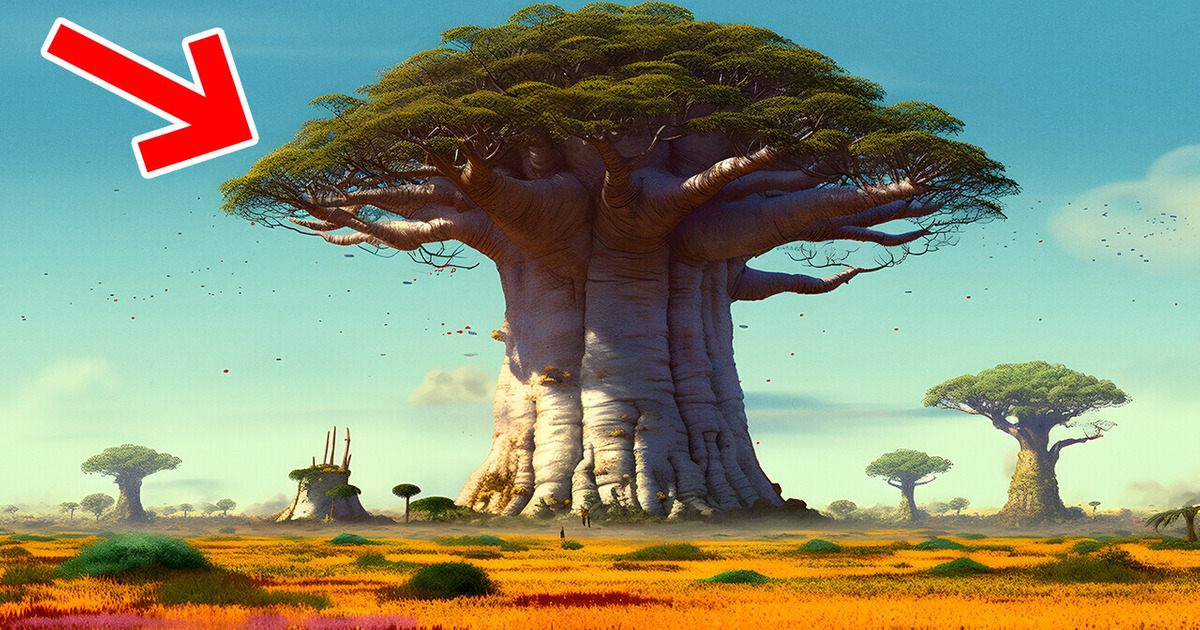
This may sound mind-boggling, but scientists found a 385-million-year-old root network. Yeah, it’s like a fossilized web of roots that’s got them all excited. They’re reimagining what the world’s first forests might have looked like, and let me tell you, it’s not what you’d expect.
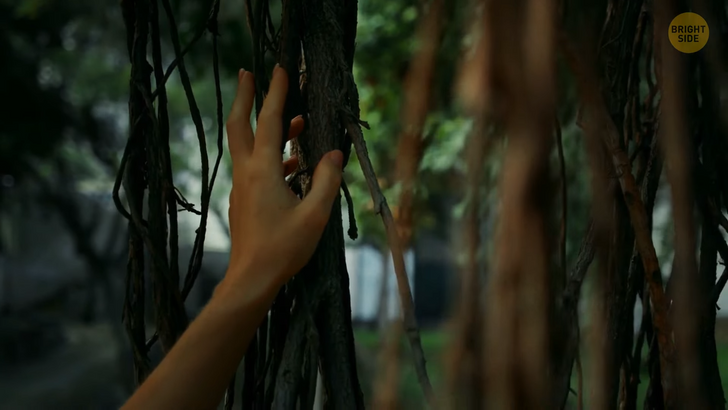
Under an old highway department quarry near Cairo, New York, they found the remains of a mighty and mature old-growth forest. This place was home to at least three of the world’s earliest tree-like plants. But these plants, in fact, looked nothing like trees. One of them looked like giant stalks of celery. The second type resembled pine trees with hairy, fern-like fronds for leaves. And the third plant was like a palm tree with a bulbous base and fern-like branches. It’s like they couldn’t decide what they wanted to be when they grew up.
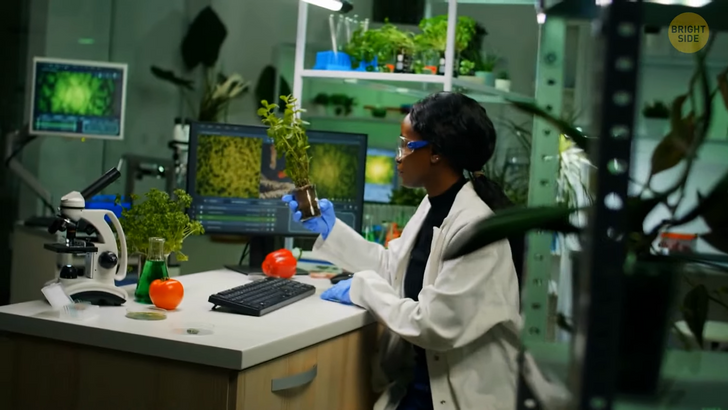
But here’s the kicker: these primordial trees were quite old and large, so they weren’t packed densely together. They were relatively scattered across a floodplain that ebbed and flowed with the seasons. And even though dry periods were a regular part of the cycle, these tree-like plants thrived in semi-arid conditions. Their roots had adapted to the possibility of short-term flooding, which is confusing because they’re not supposed to survive in those conditions.
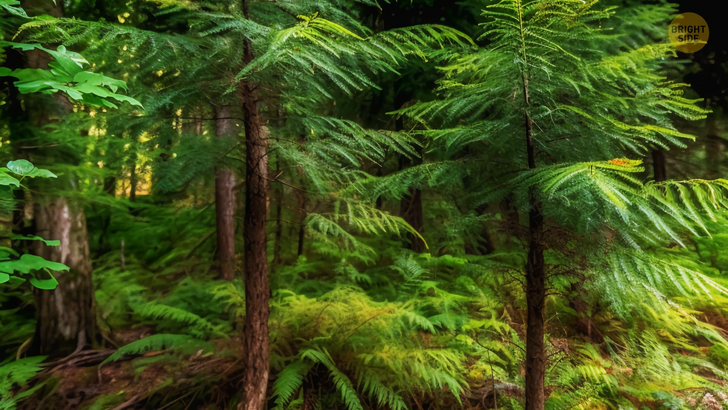
But wait, it gets even weirder. Other trees in the area came more prepared for bouts of water scarcity. There were extinct pine tree-like plants with deeper root systems that could spread 36 feet wide and 23 feet deep. These guys were more advanced than the fern-like trees and had true leaves that could photosynthesize. It’s like they were showing off or something.
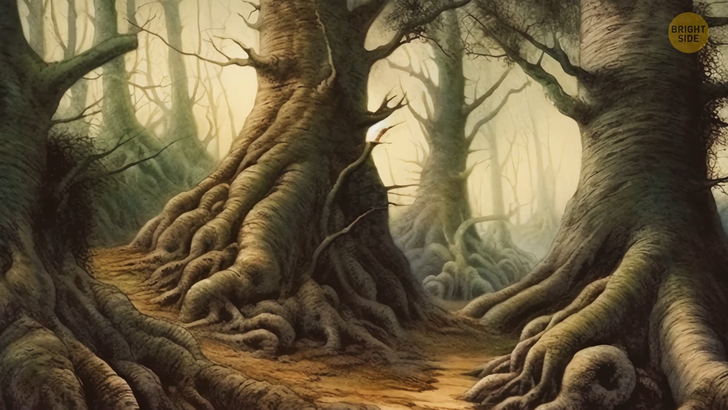
So why did the fern-like trees dominate prehistoric deltas while the pine-like trees dominated the floodplains? It’s like they didn’t even care about setting up near rivers or water sources that could carry their genes farther afield. Maybe they were just rebels without a cause, doing their own thing and not caring what anyone else thought.
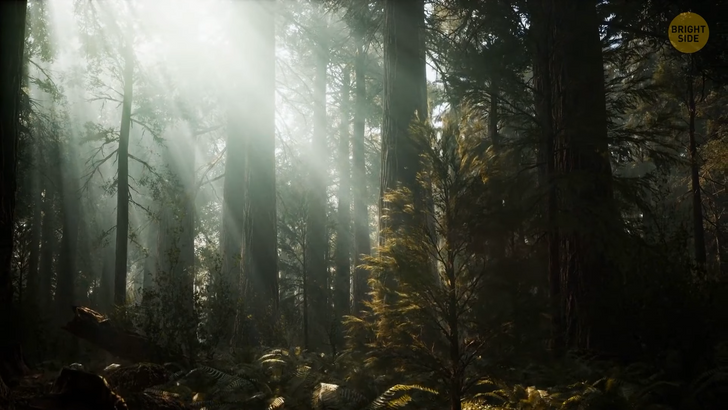
In any case, this finding has got evolutionary ecologists all excited. They’re saying that the earliest trees could colonize a range of environments and weren’t limited to wet areas. Who knew trees were so versatile?











